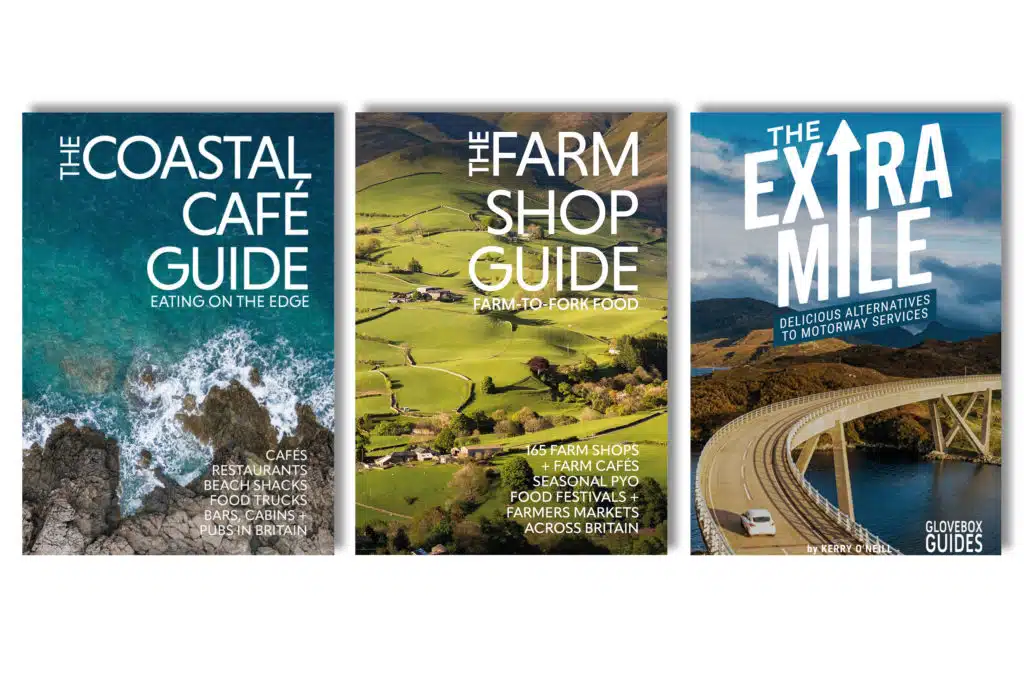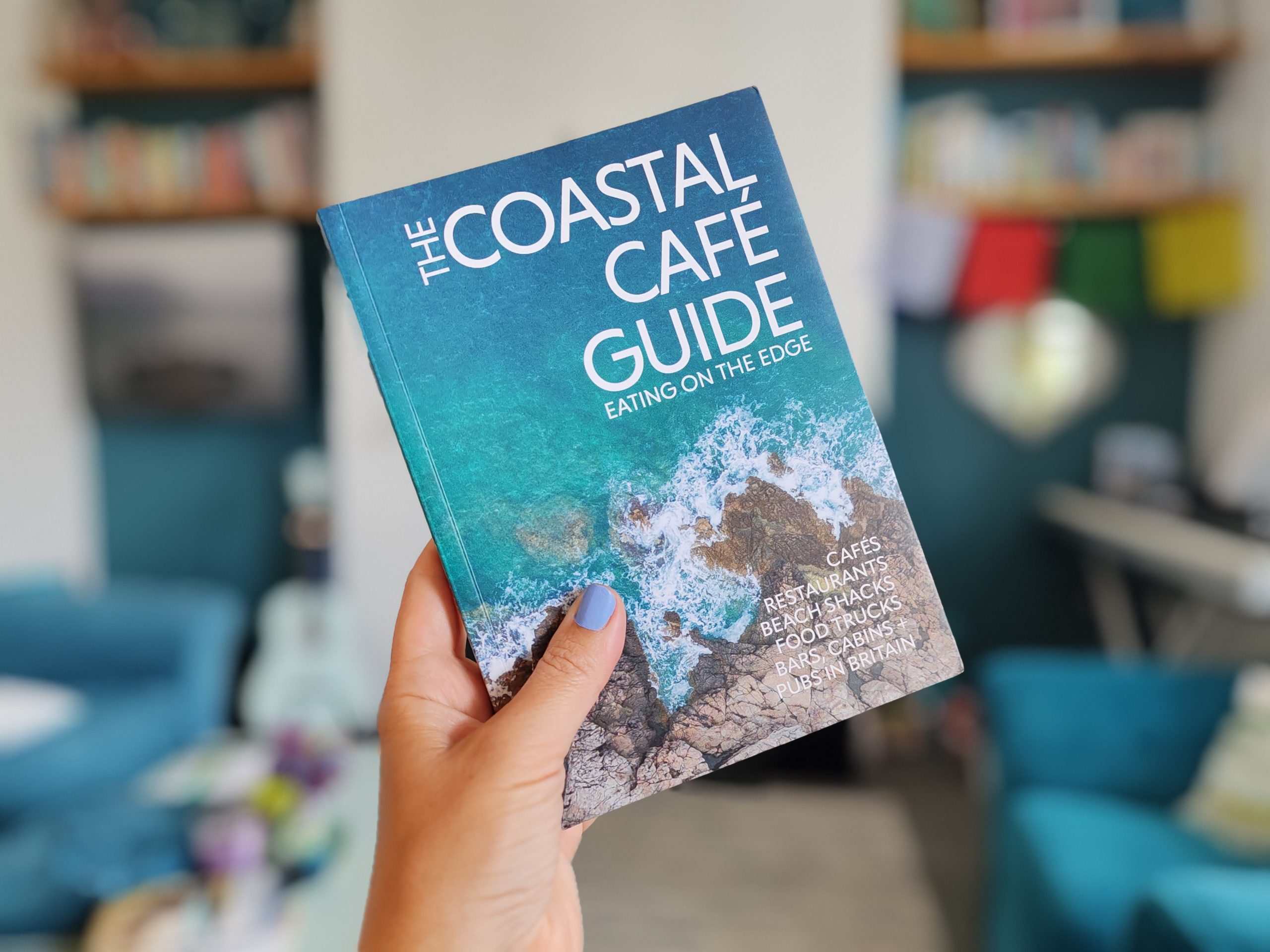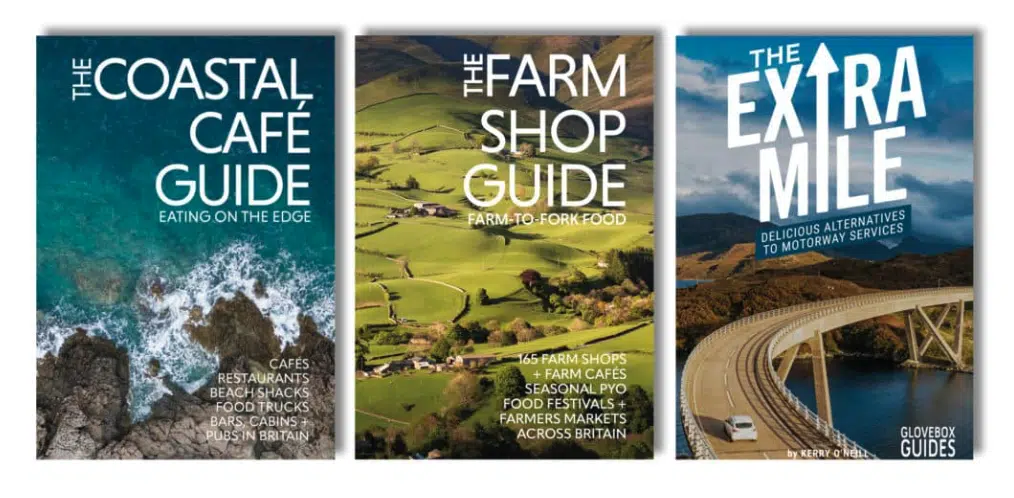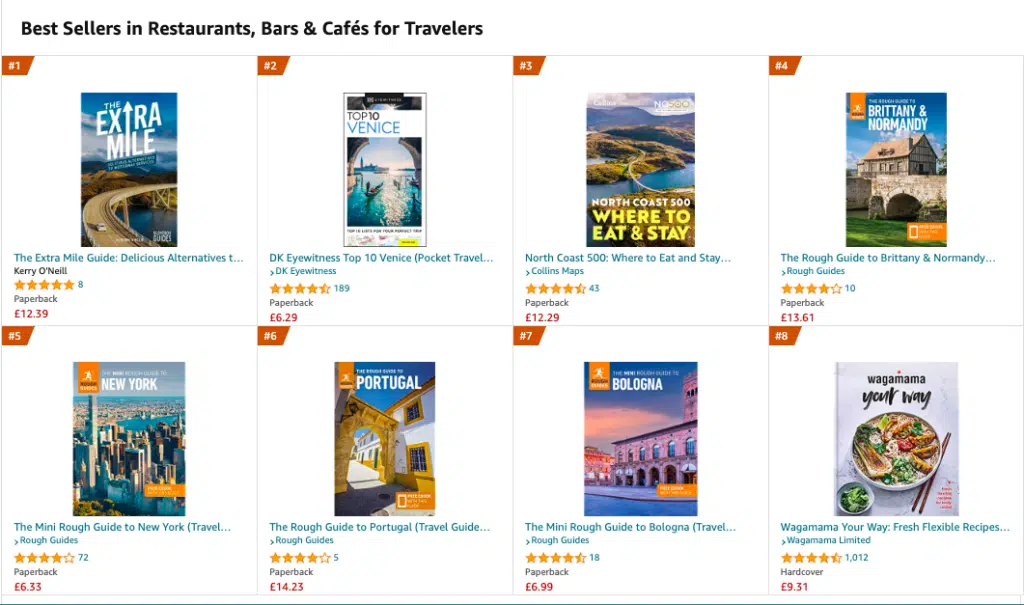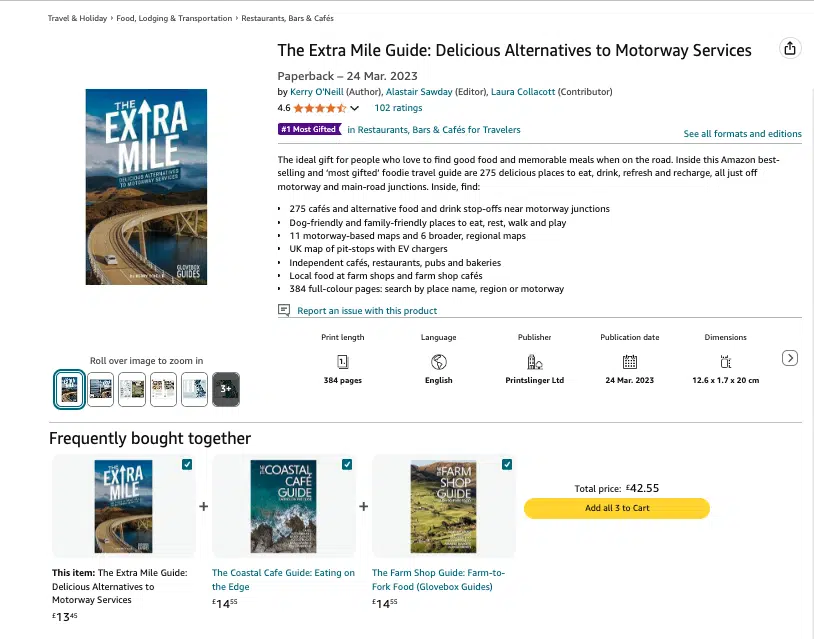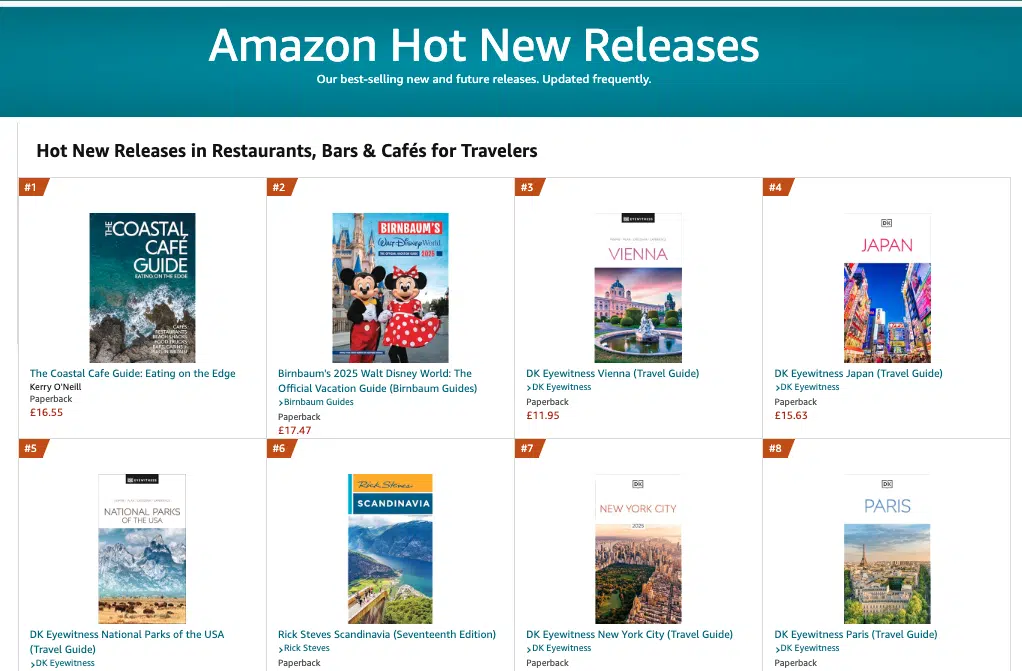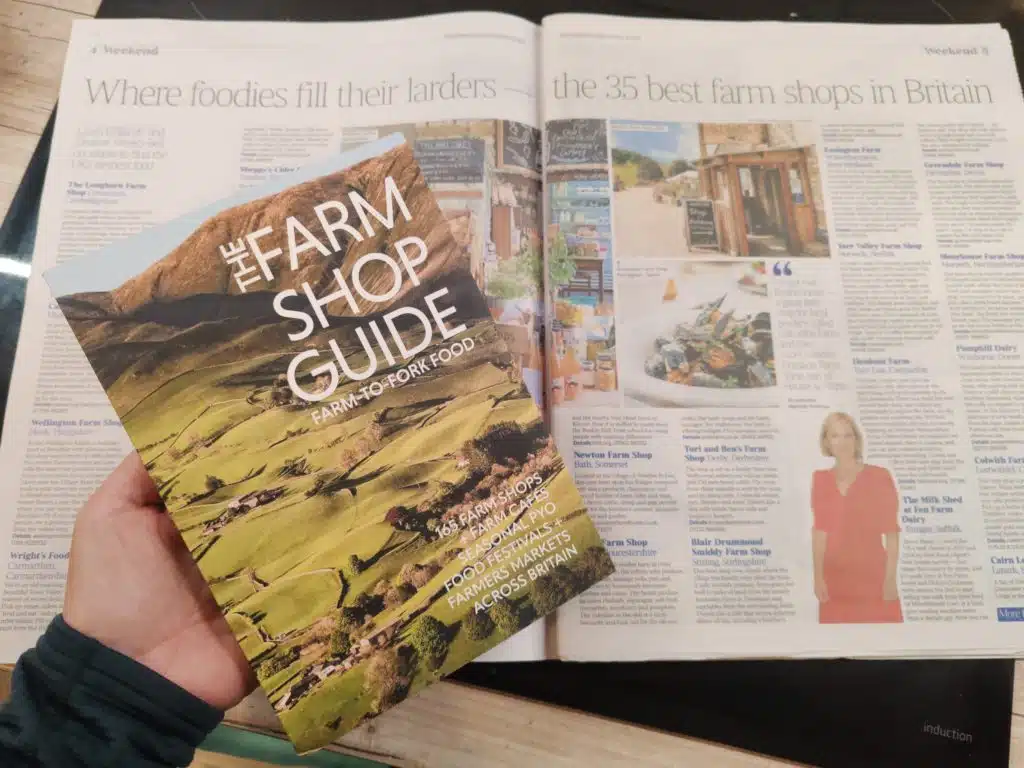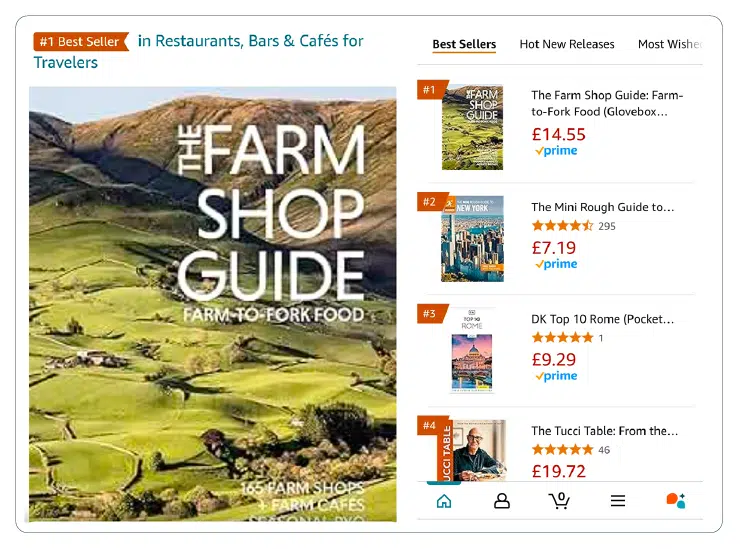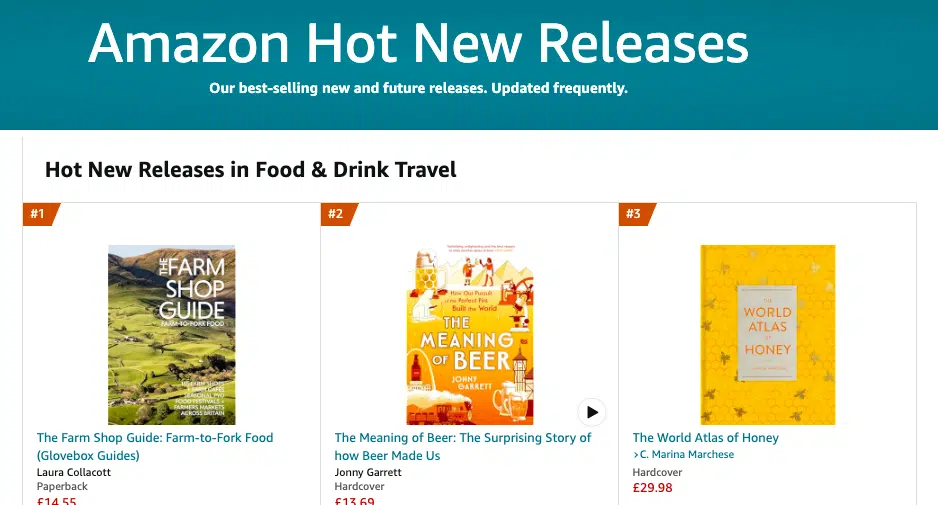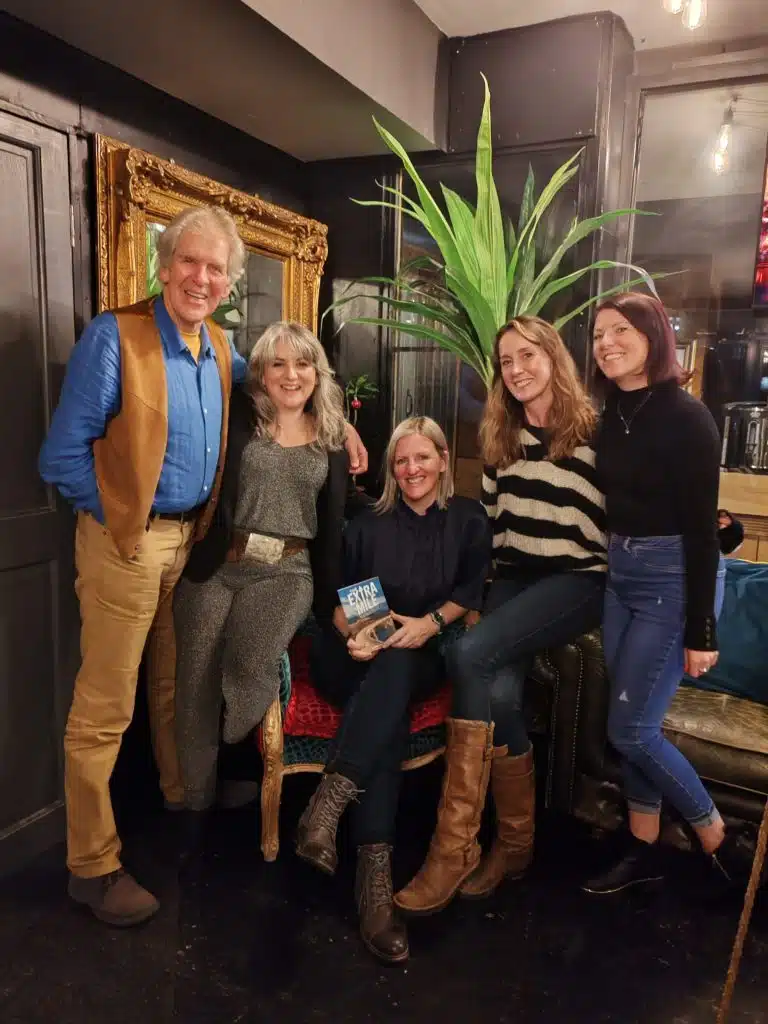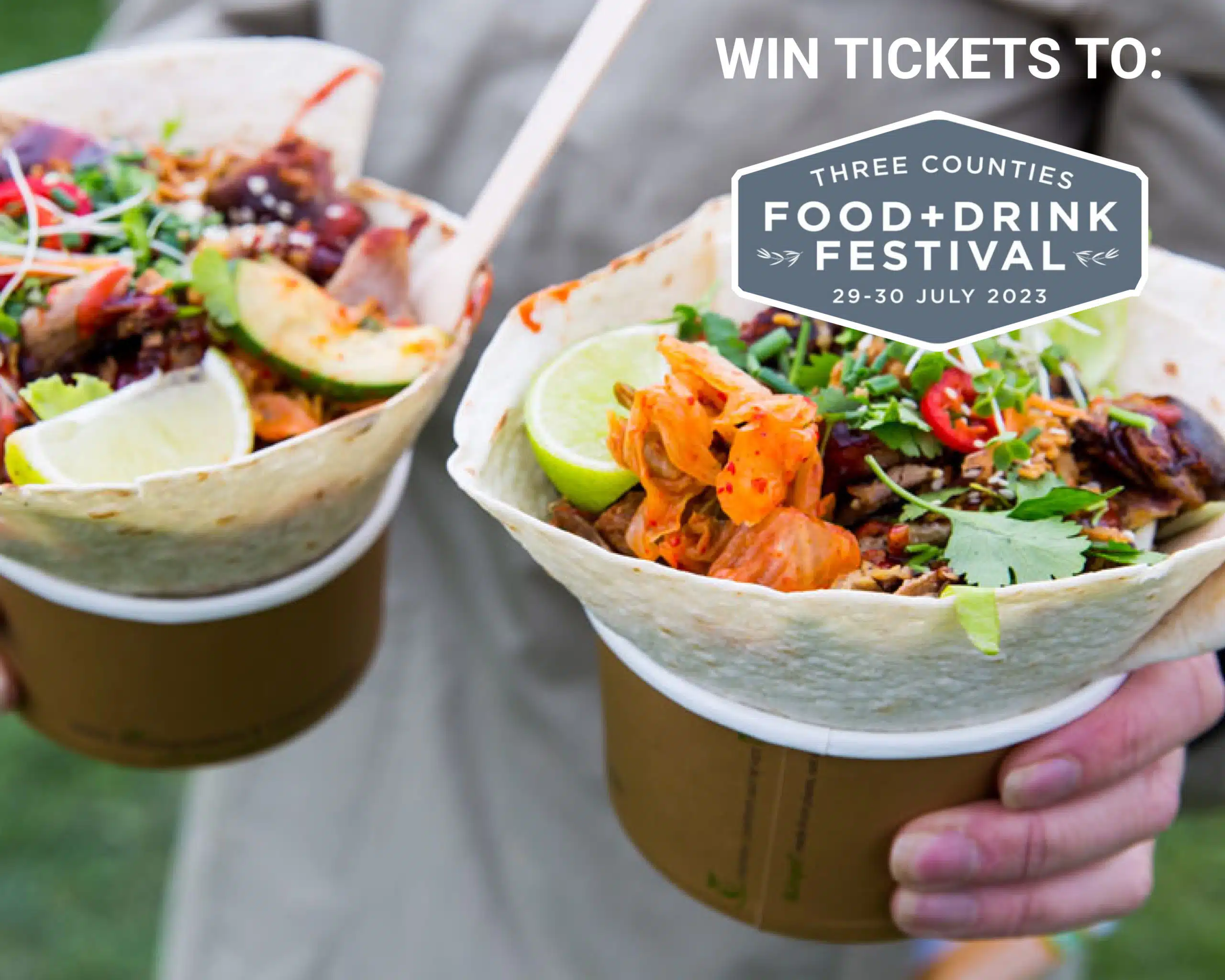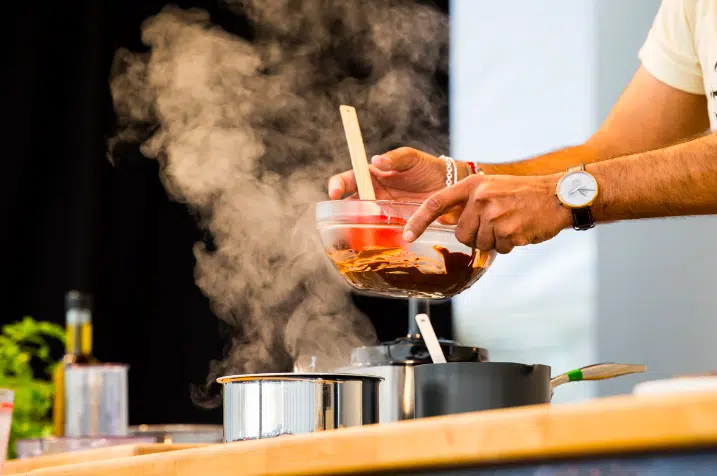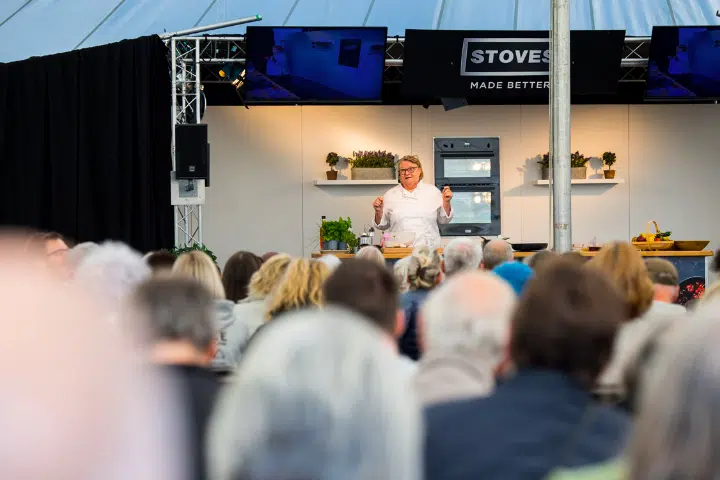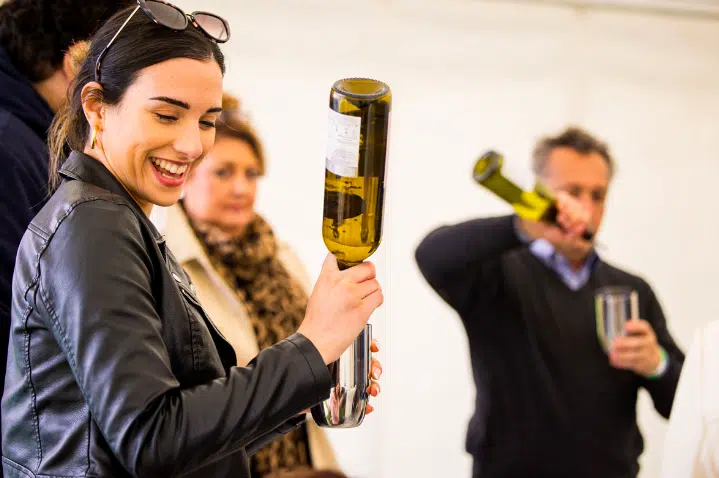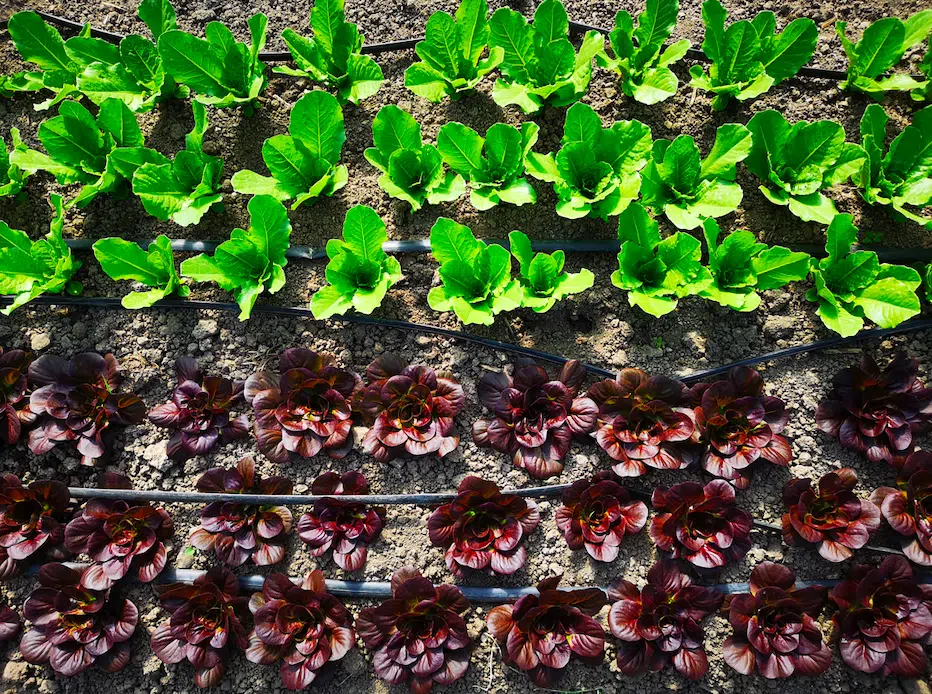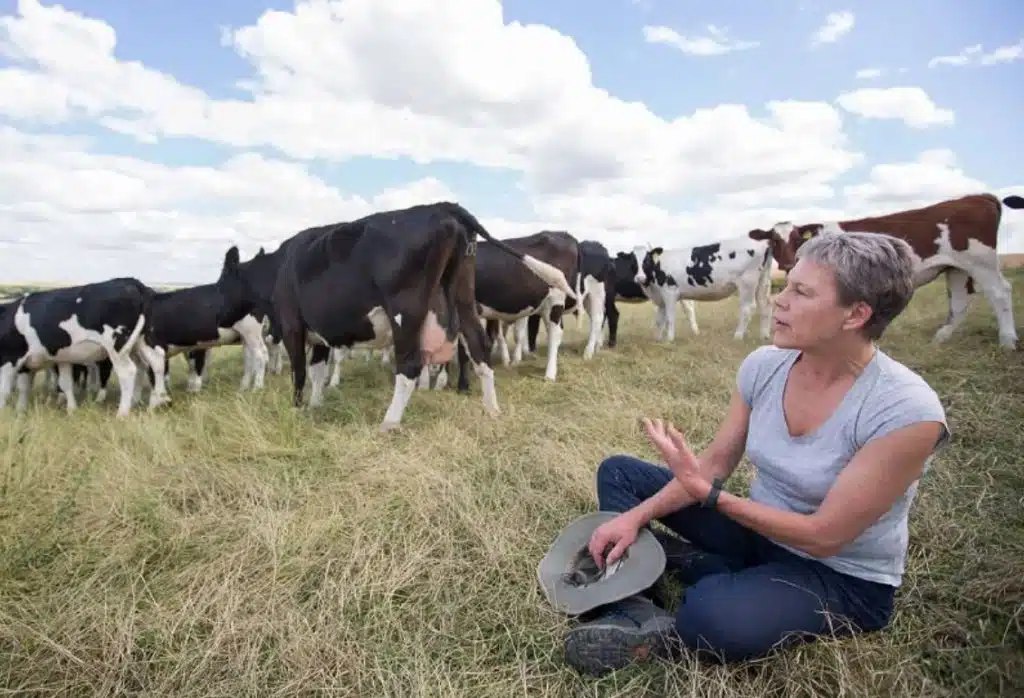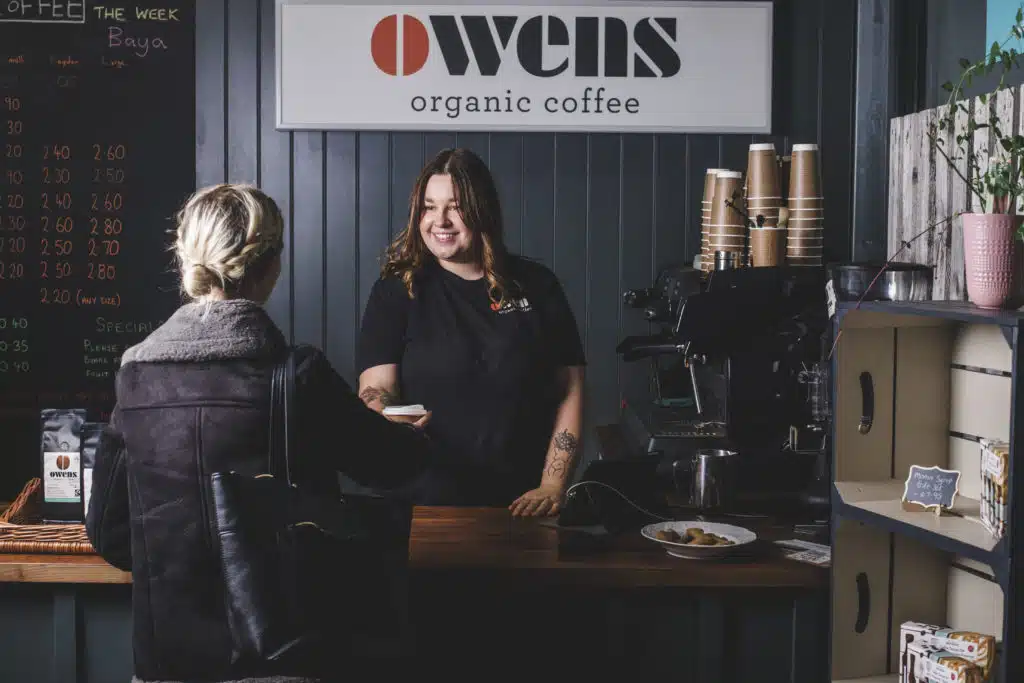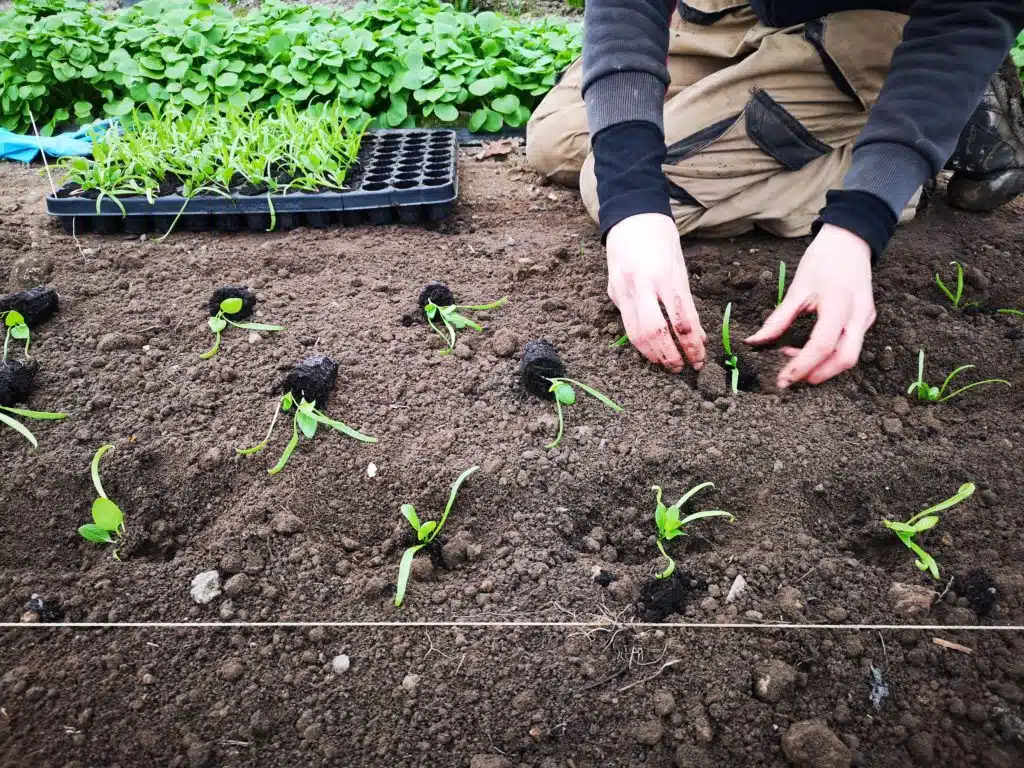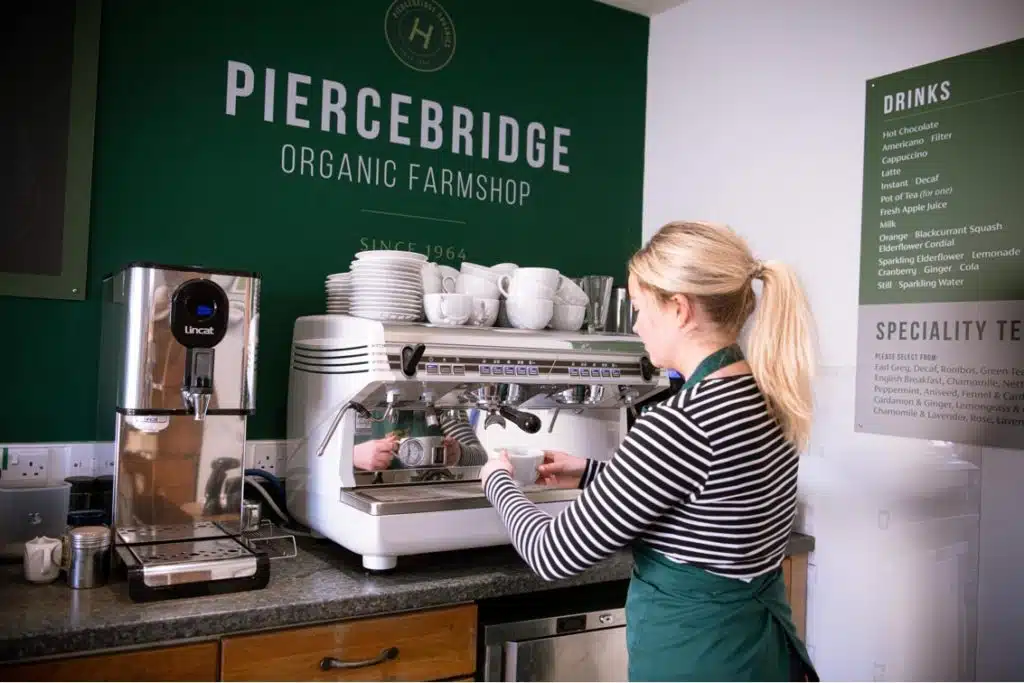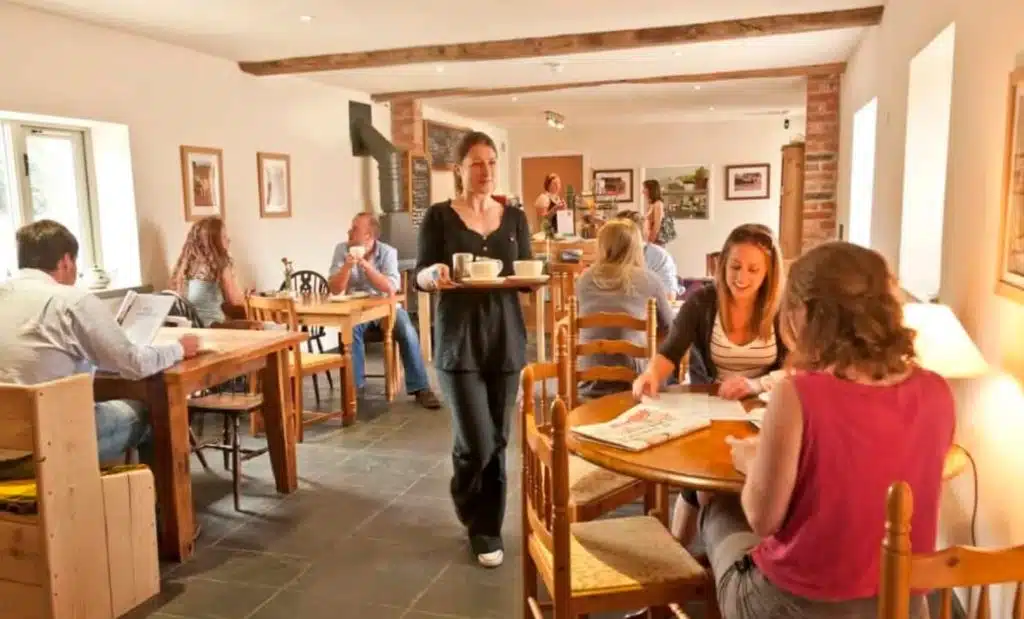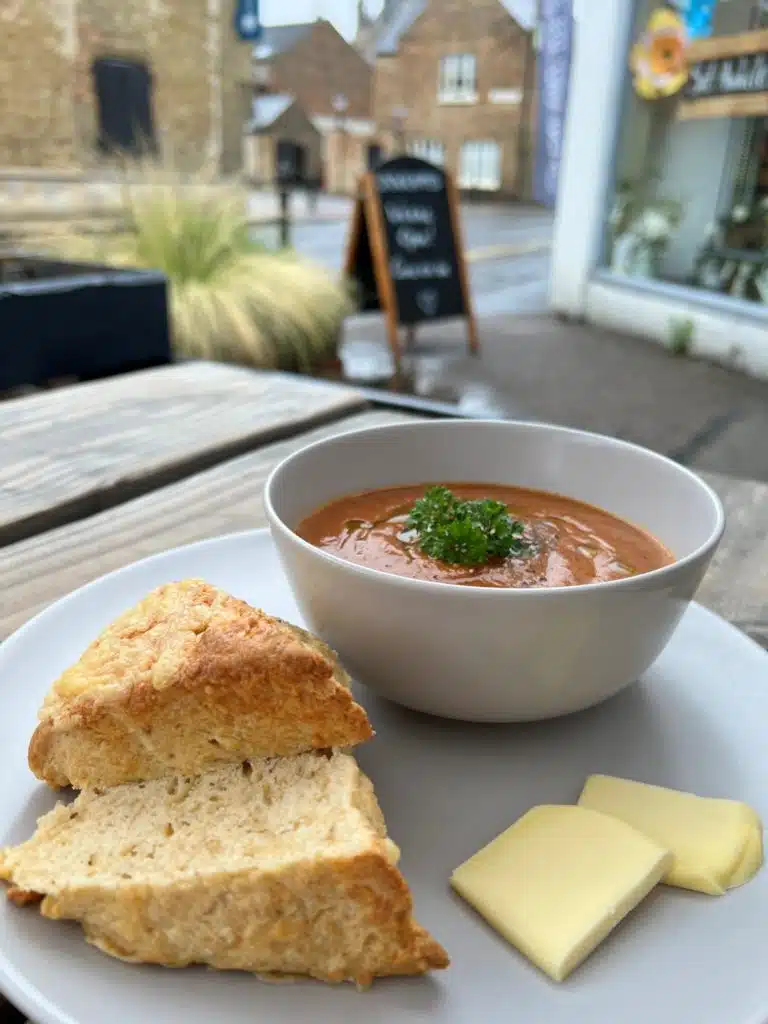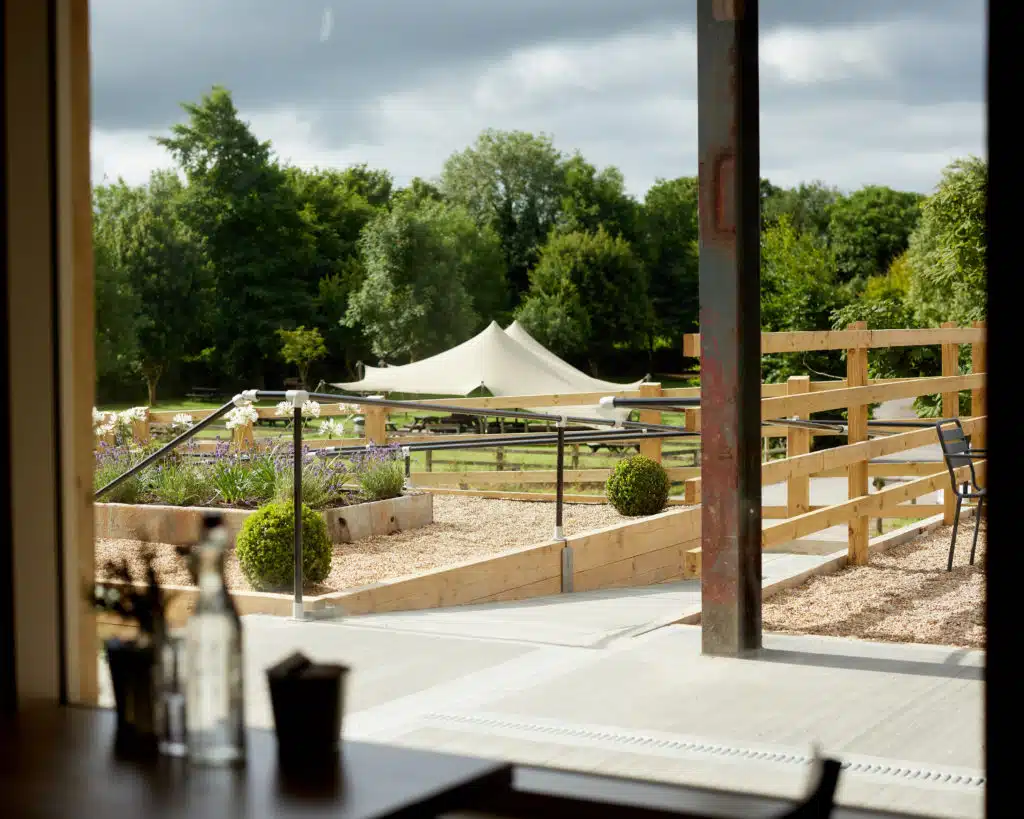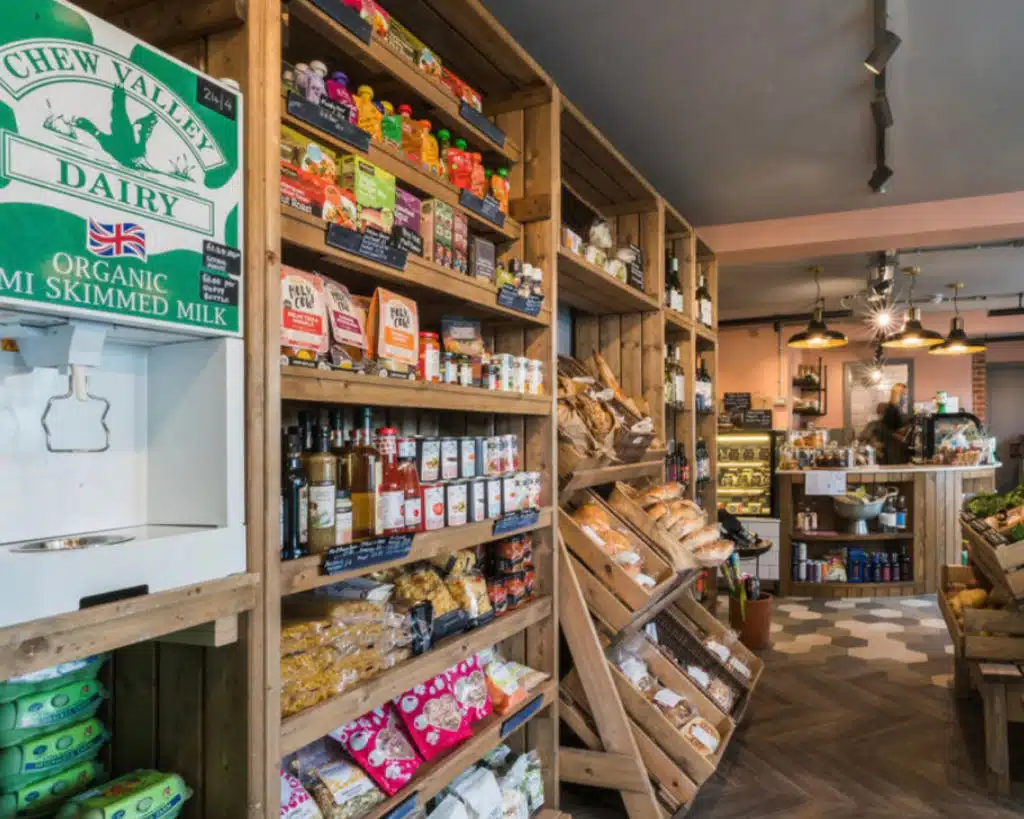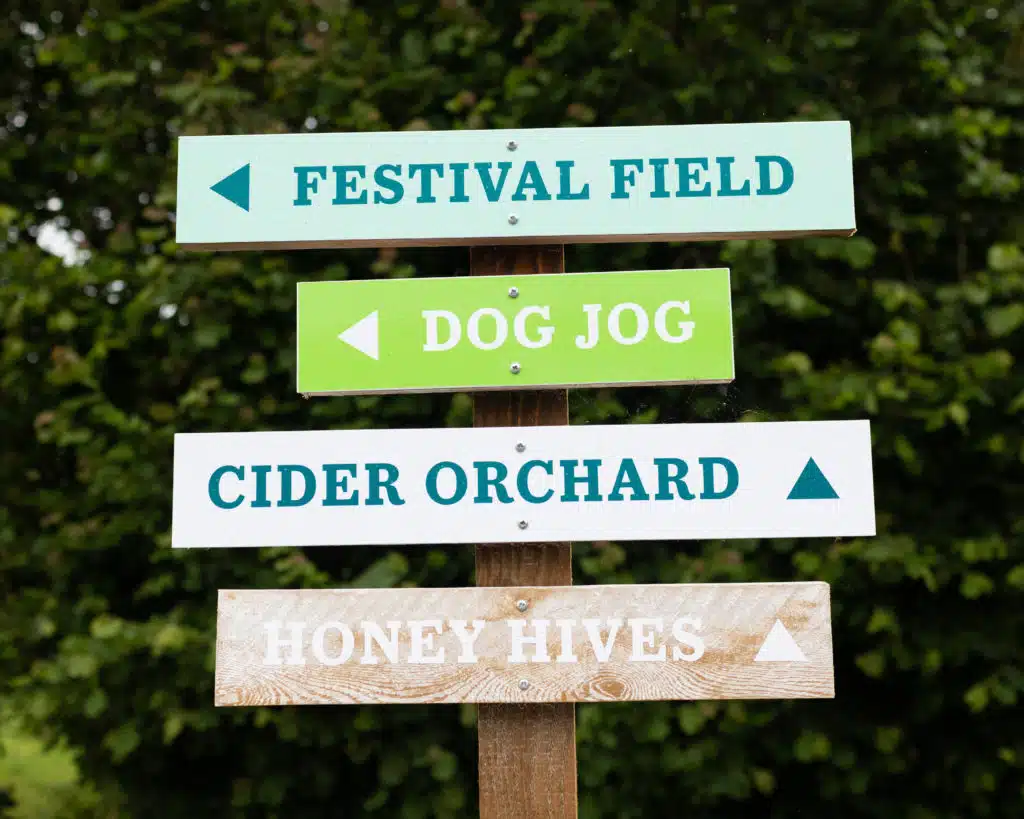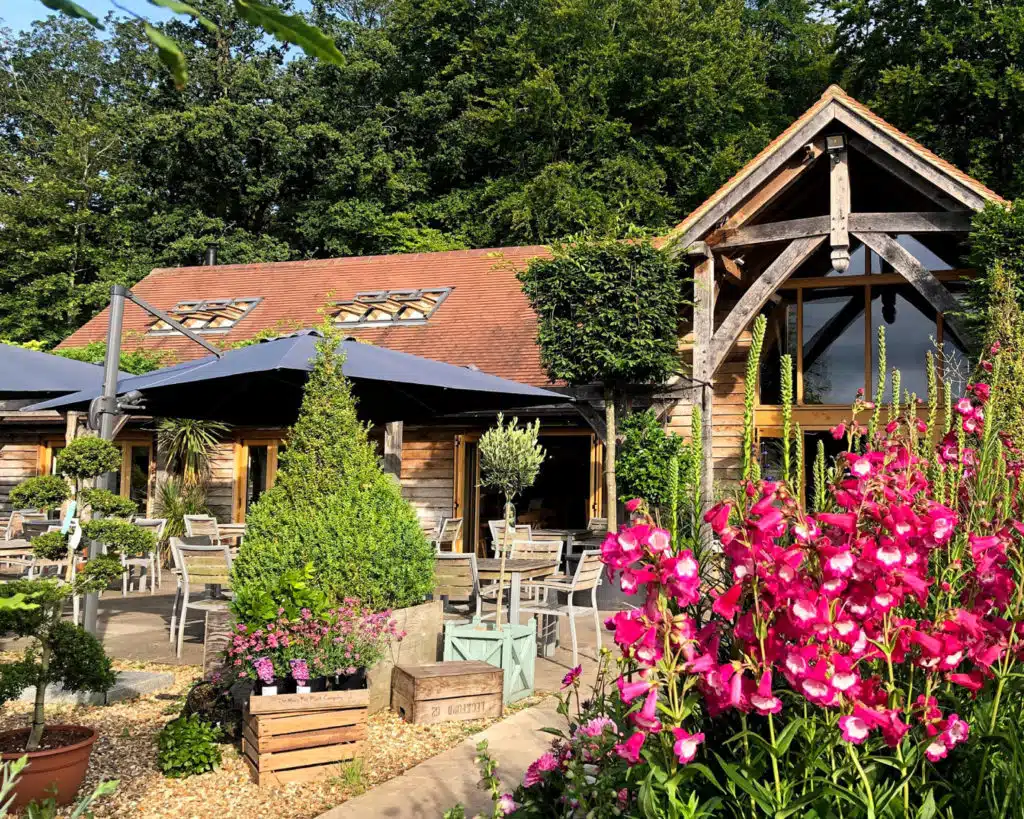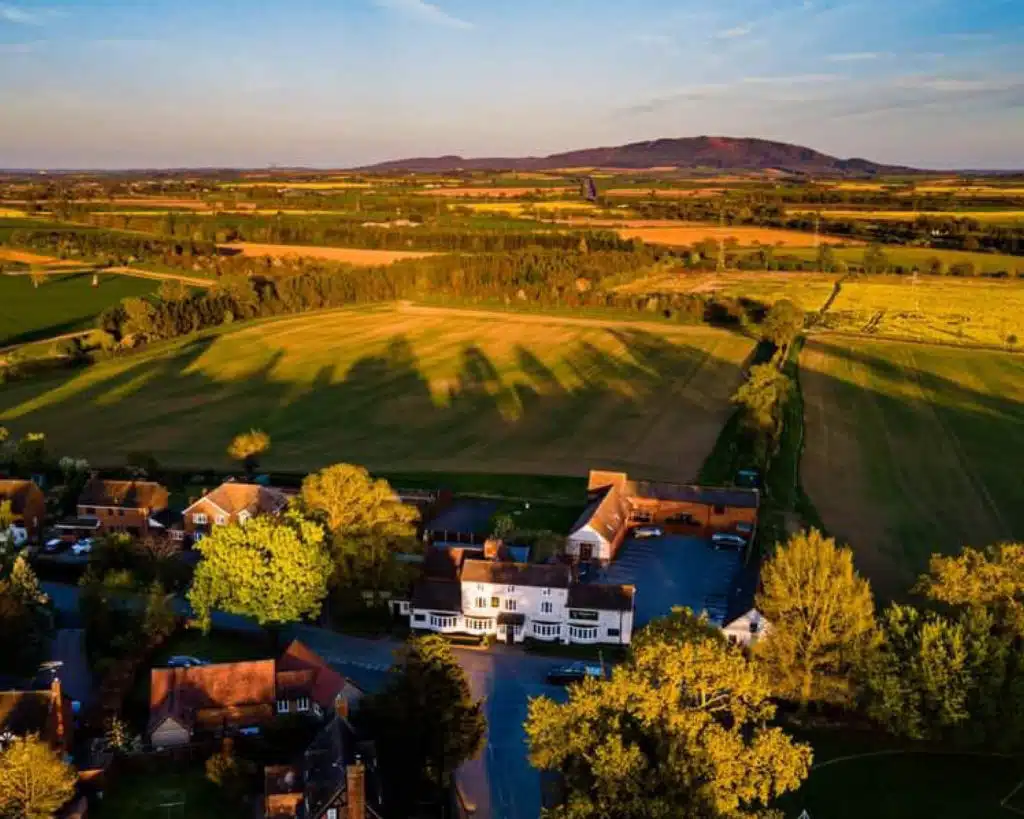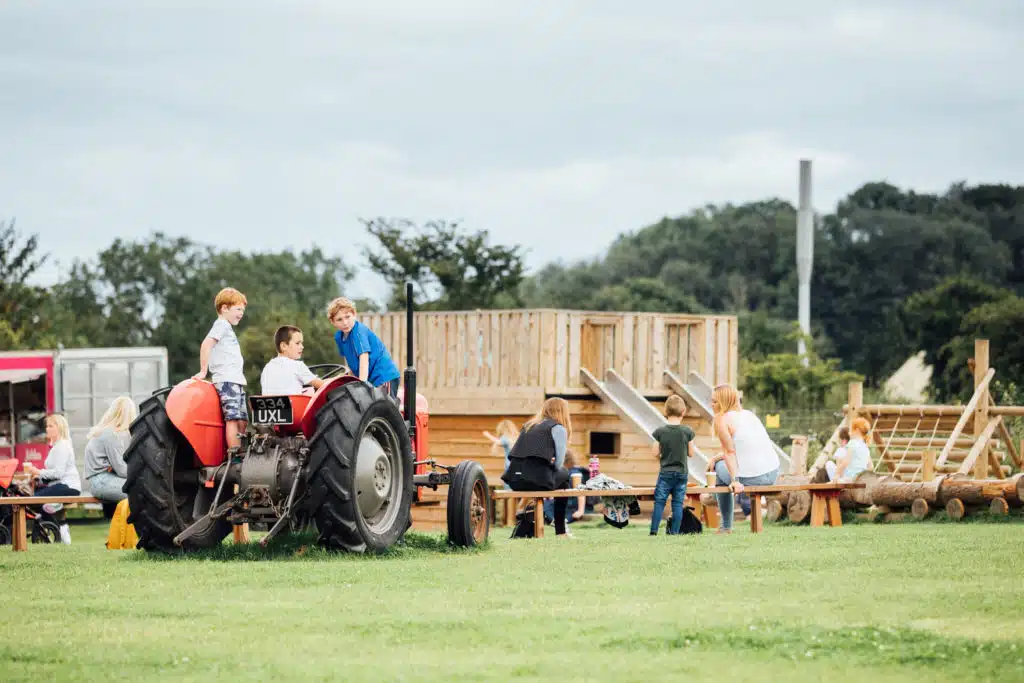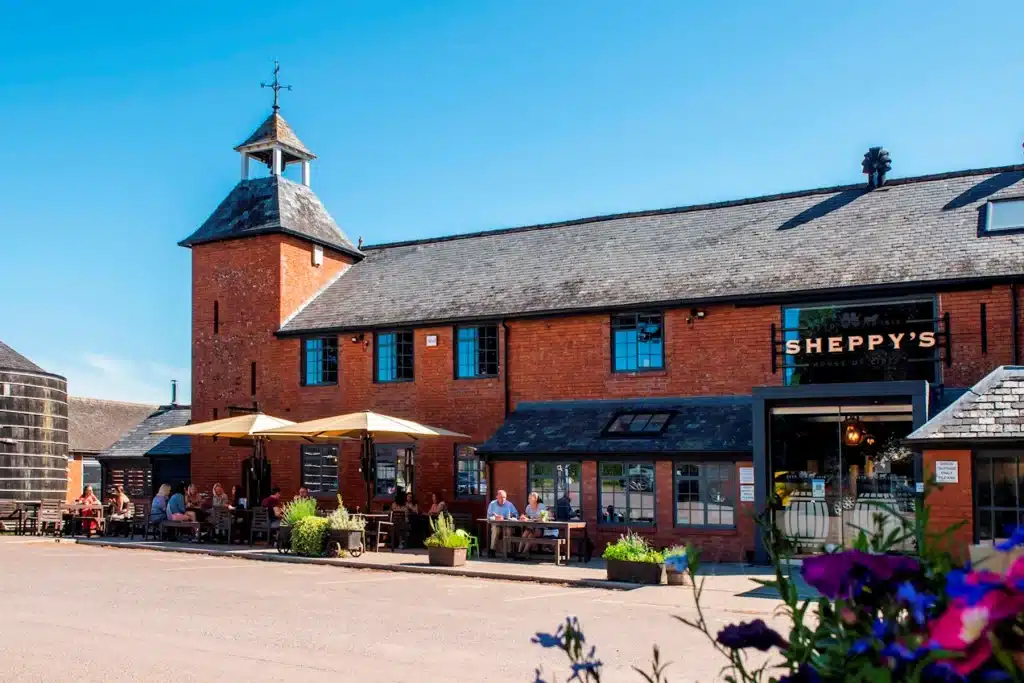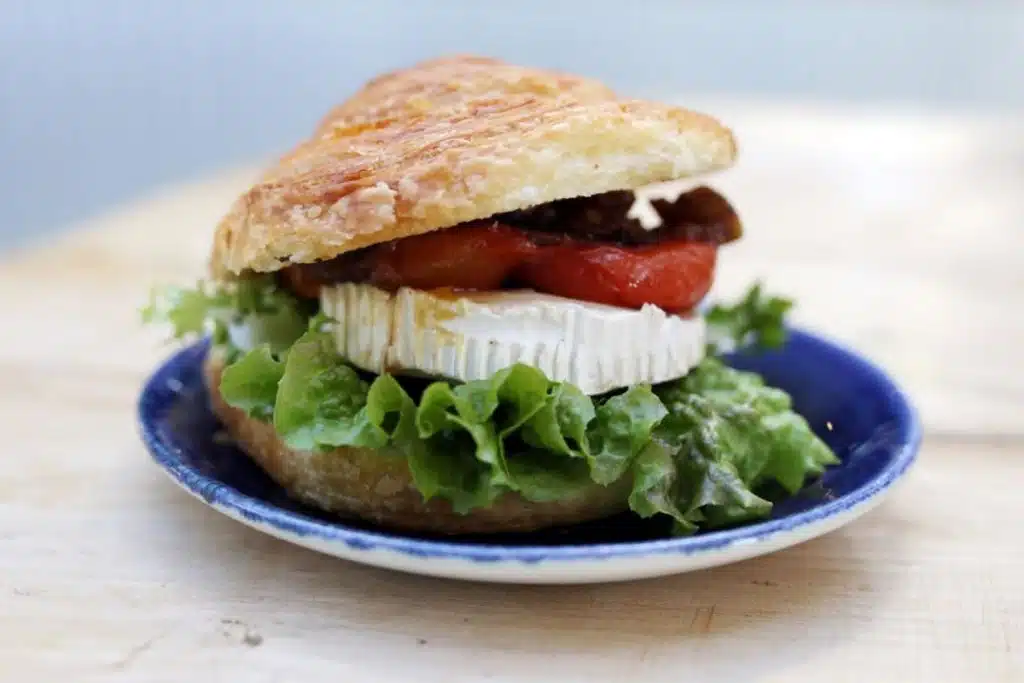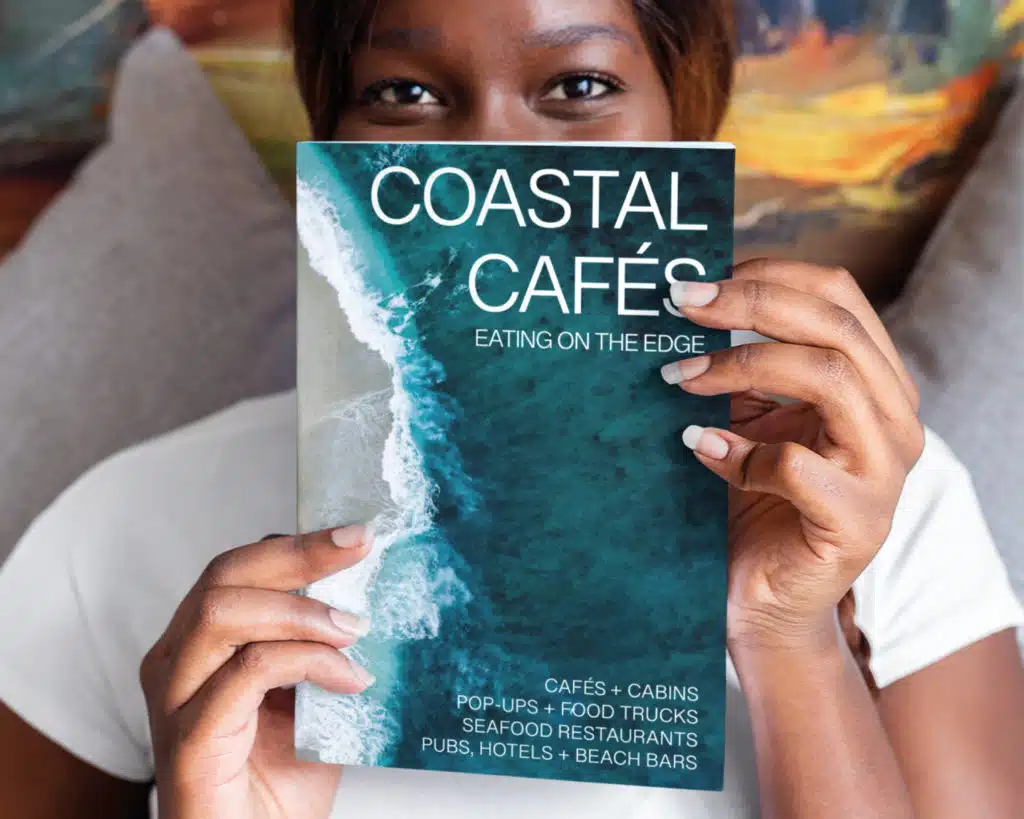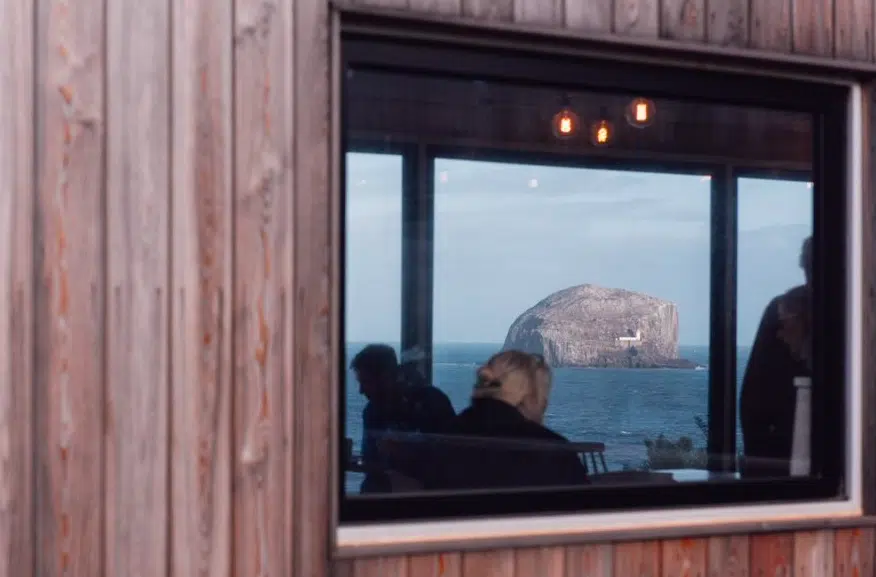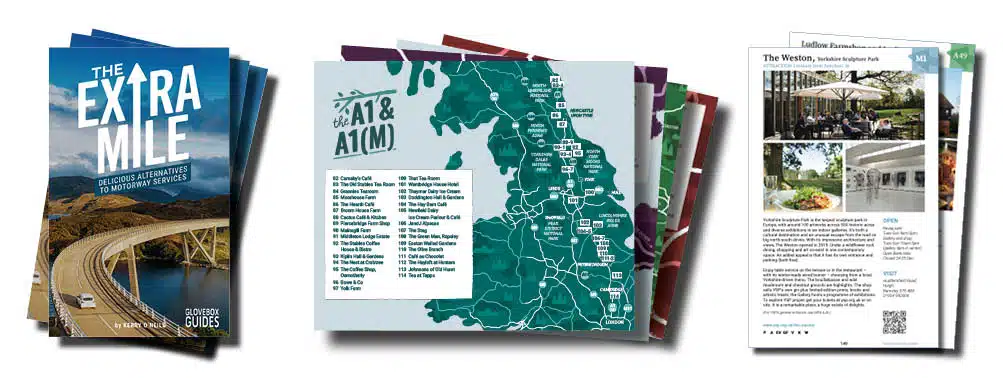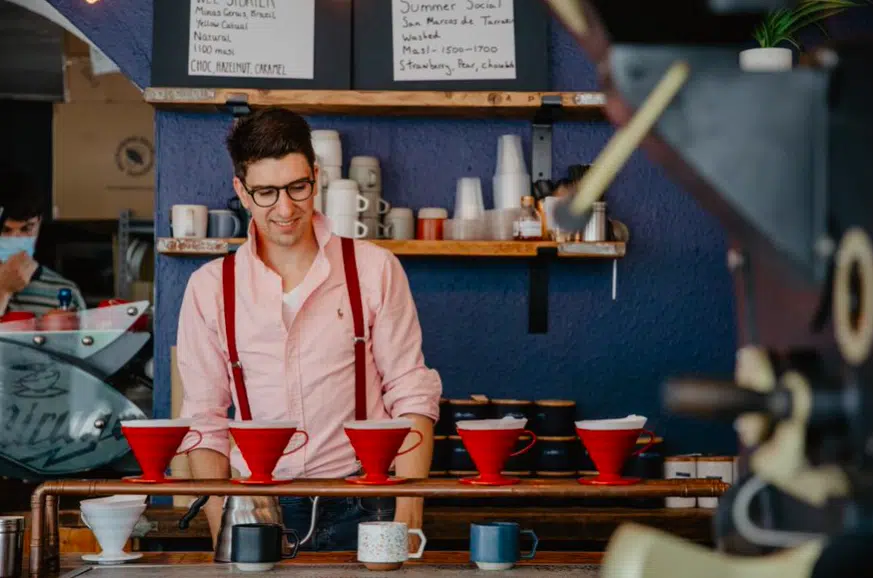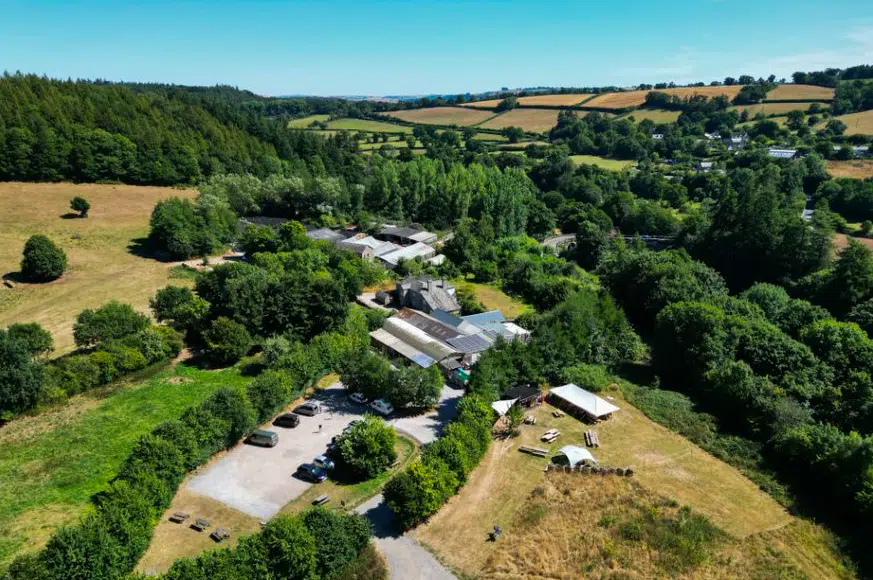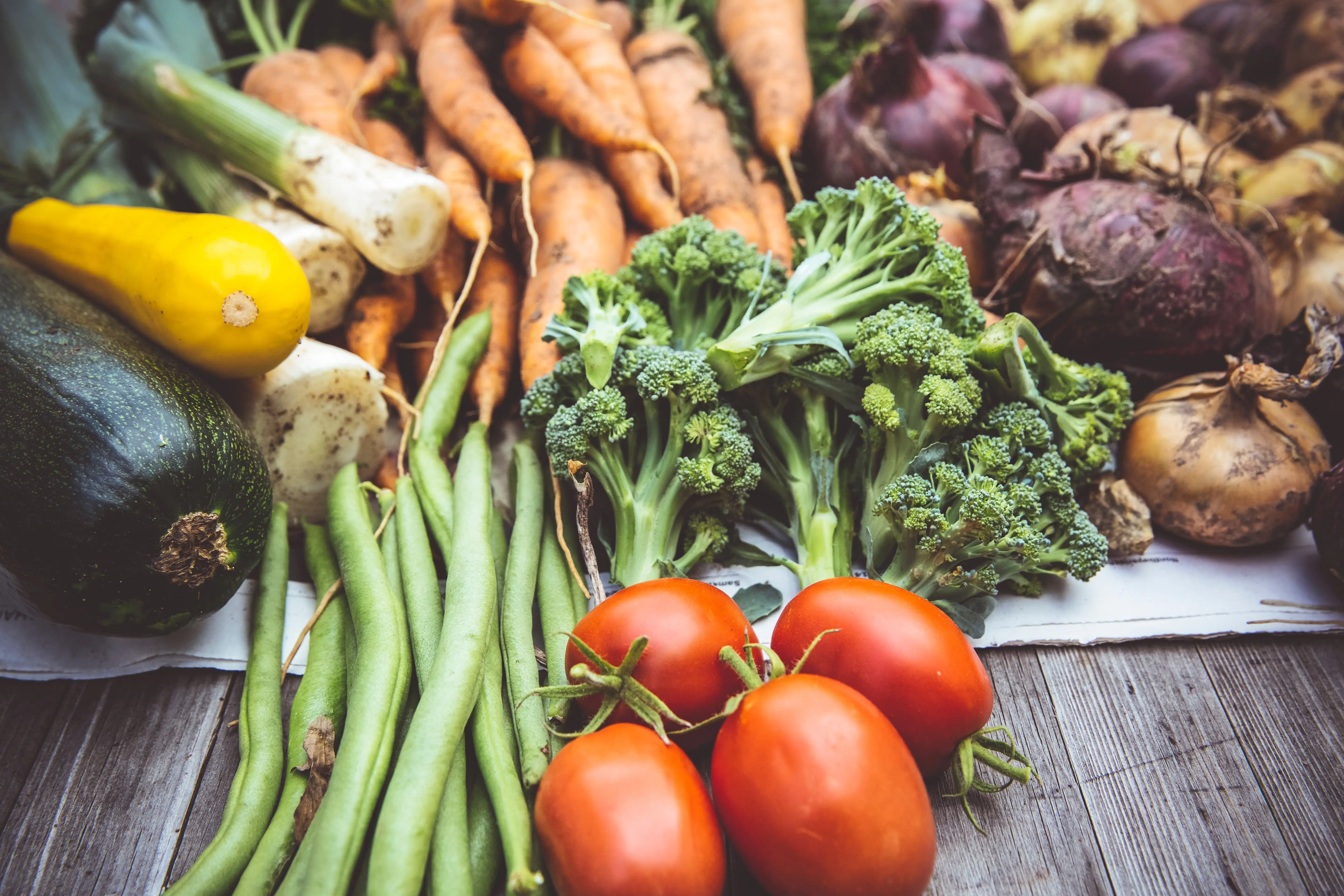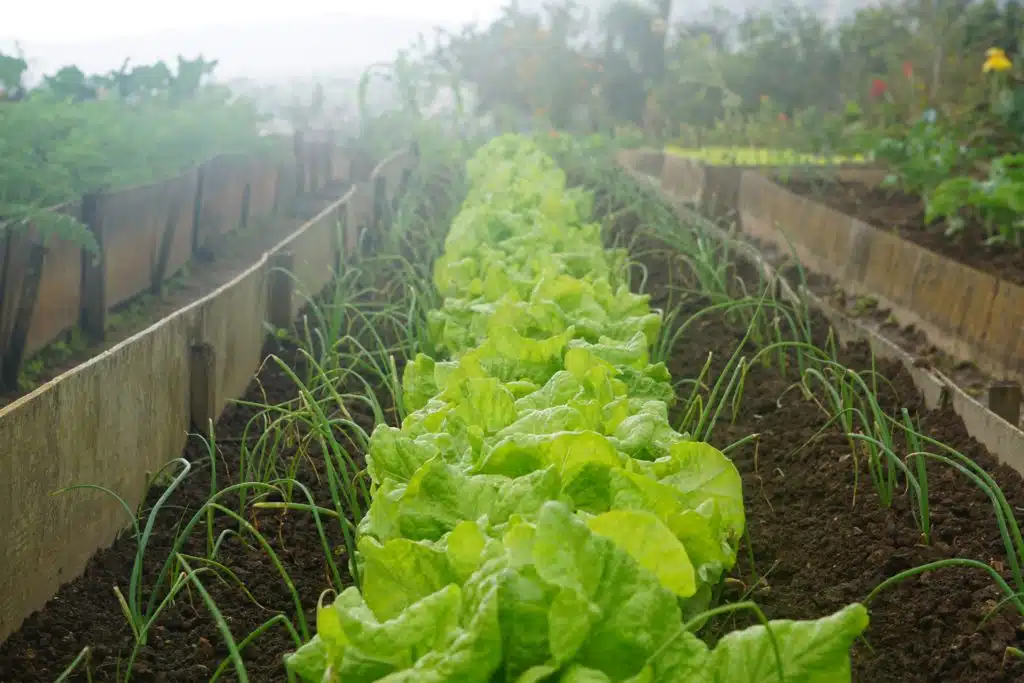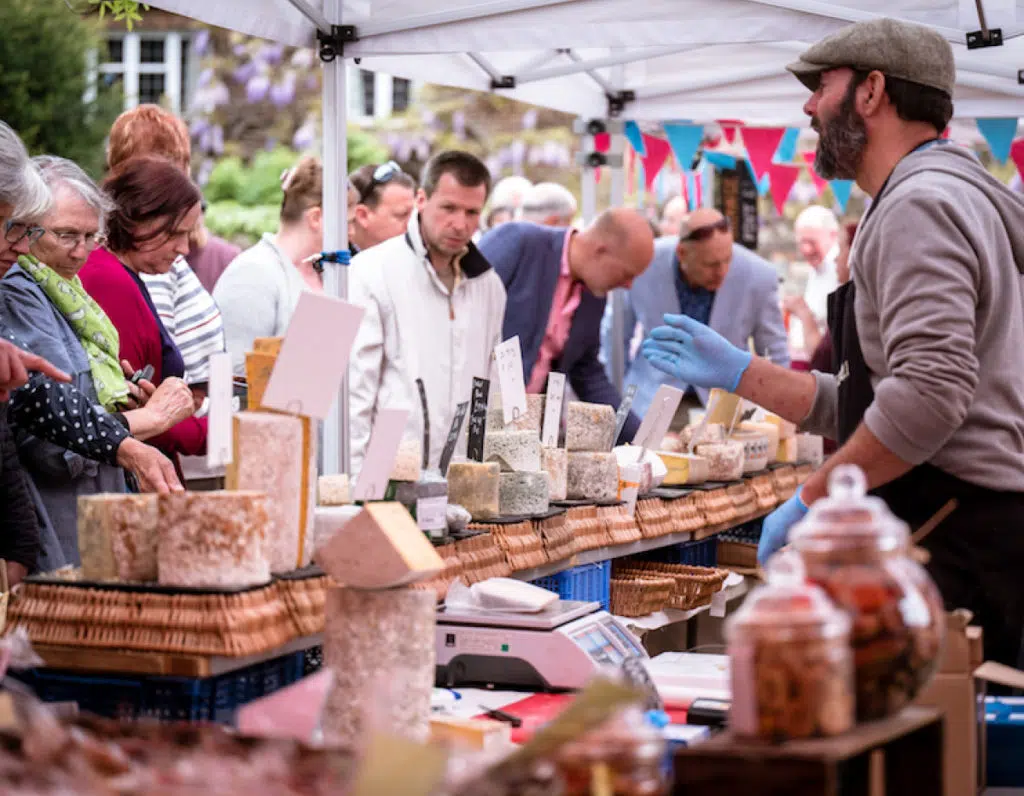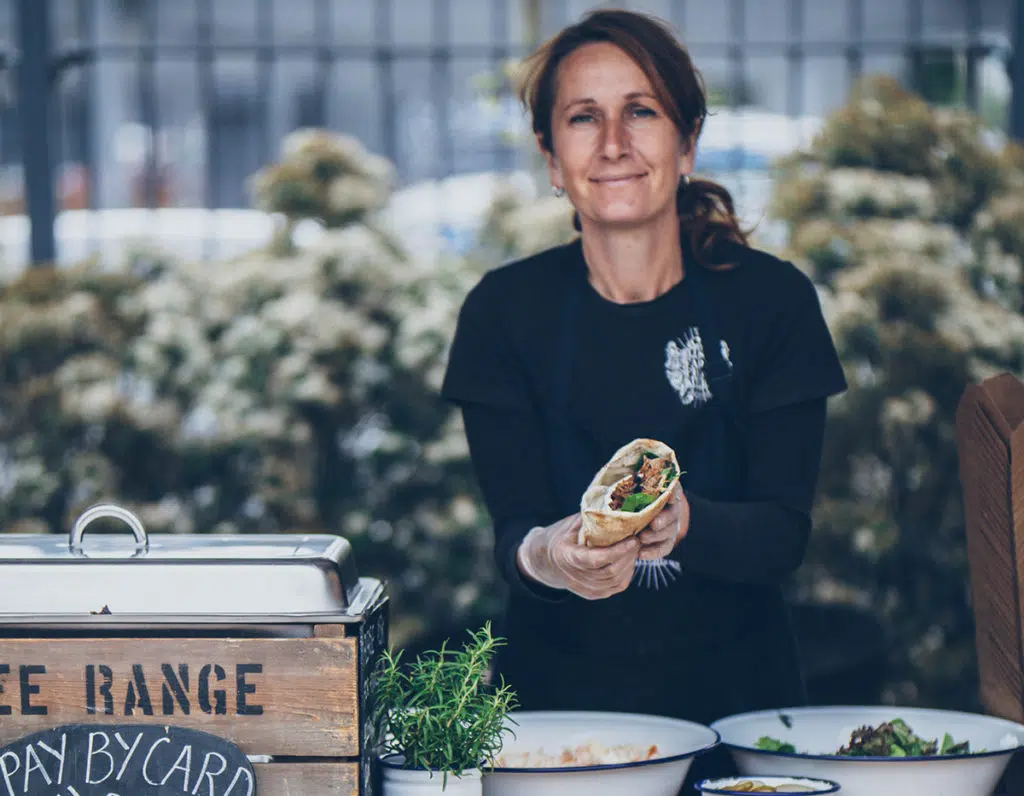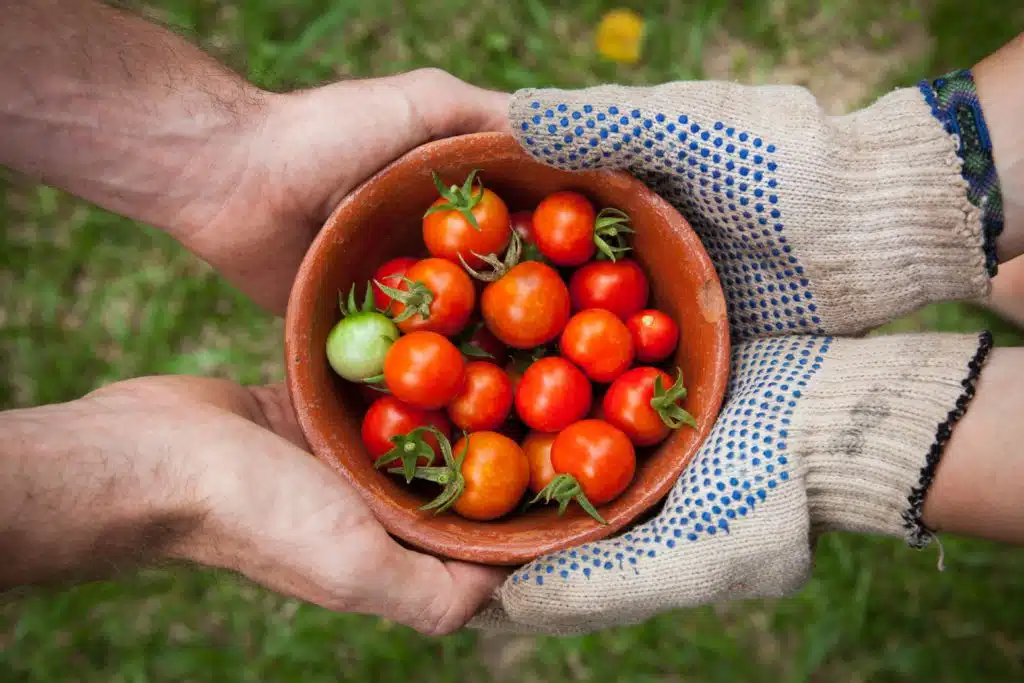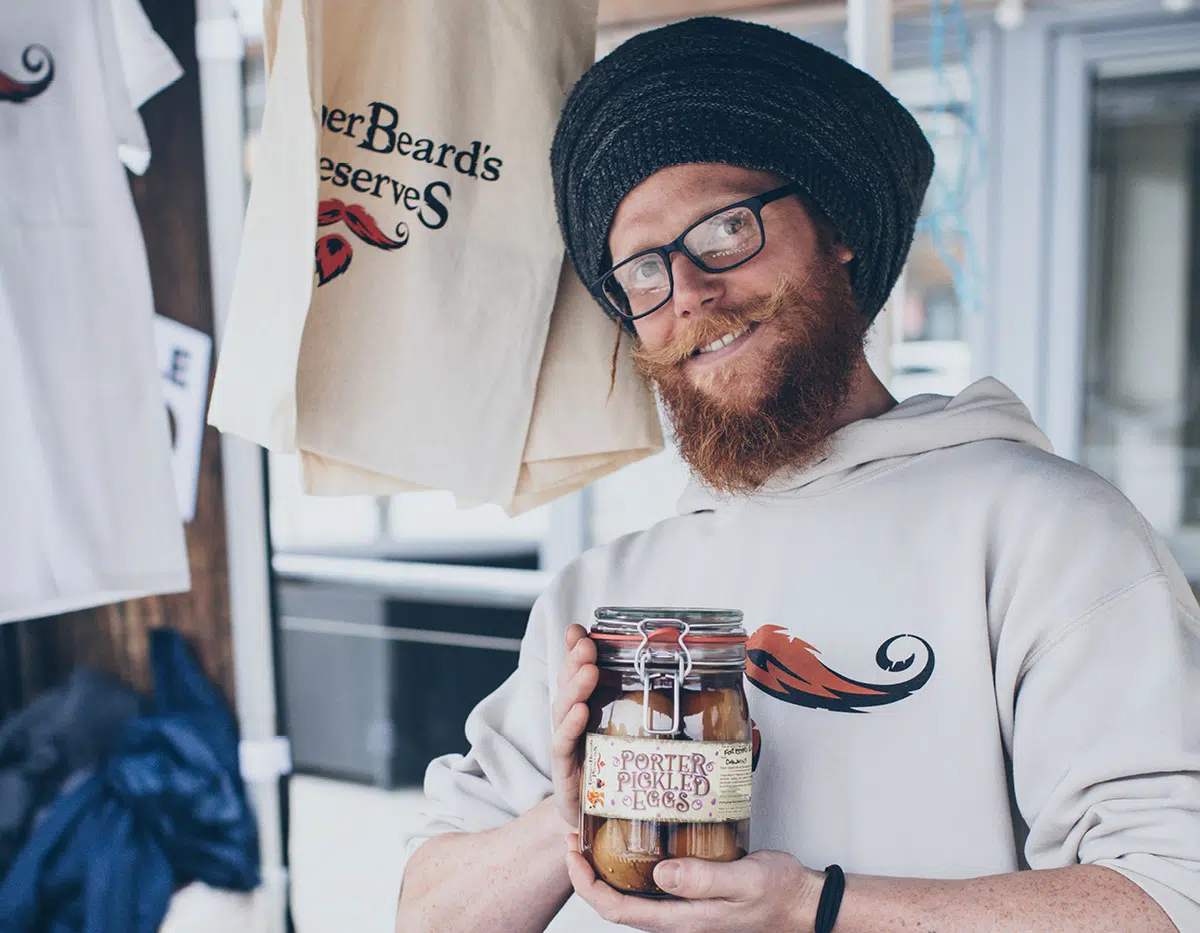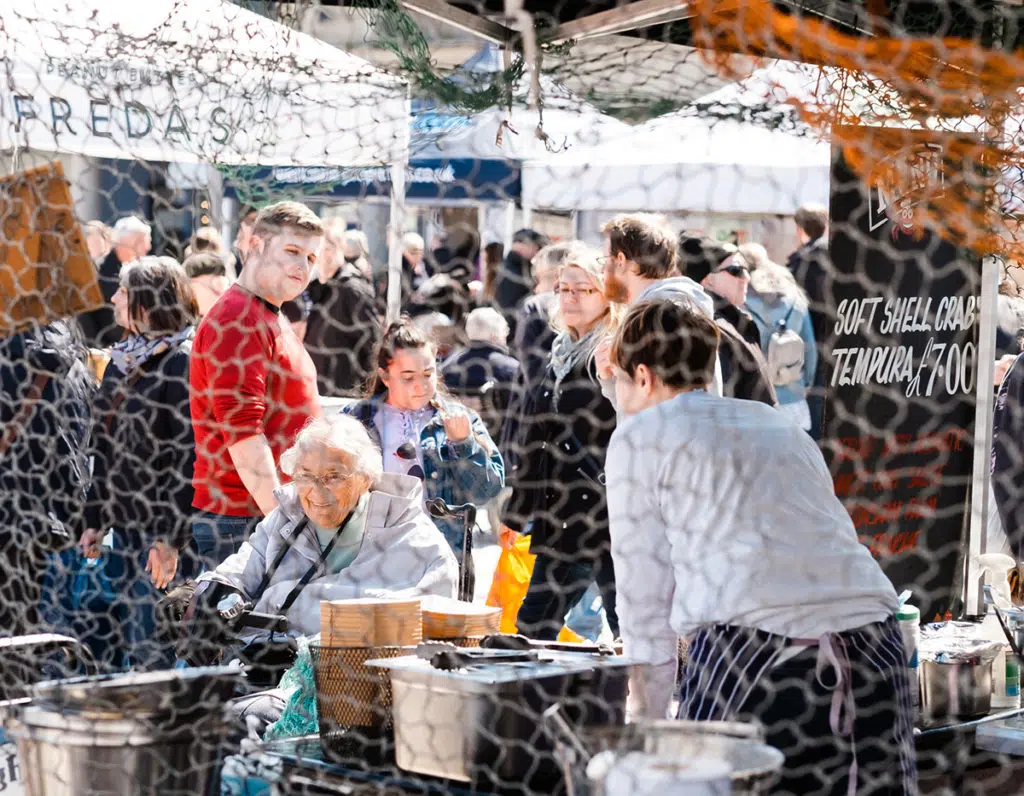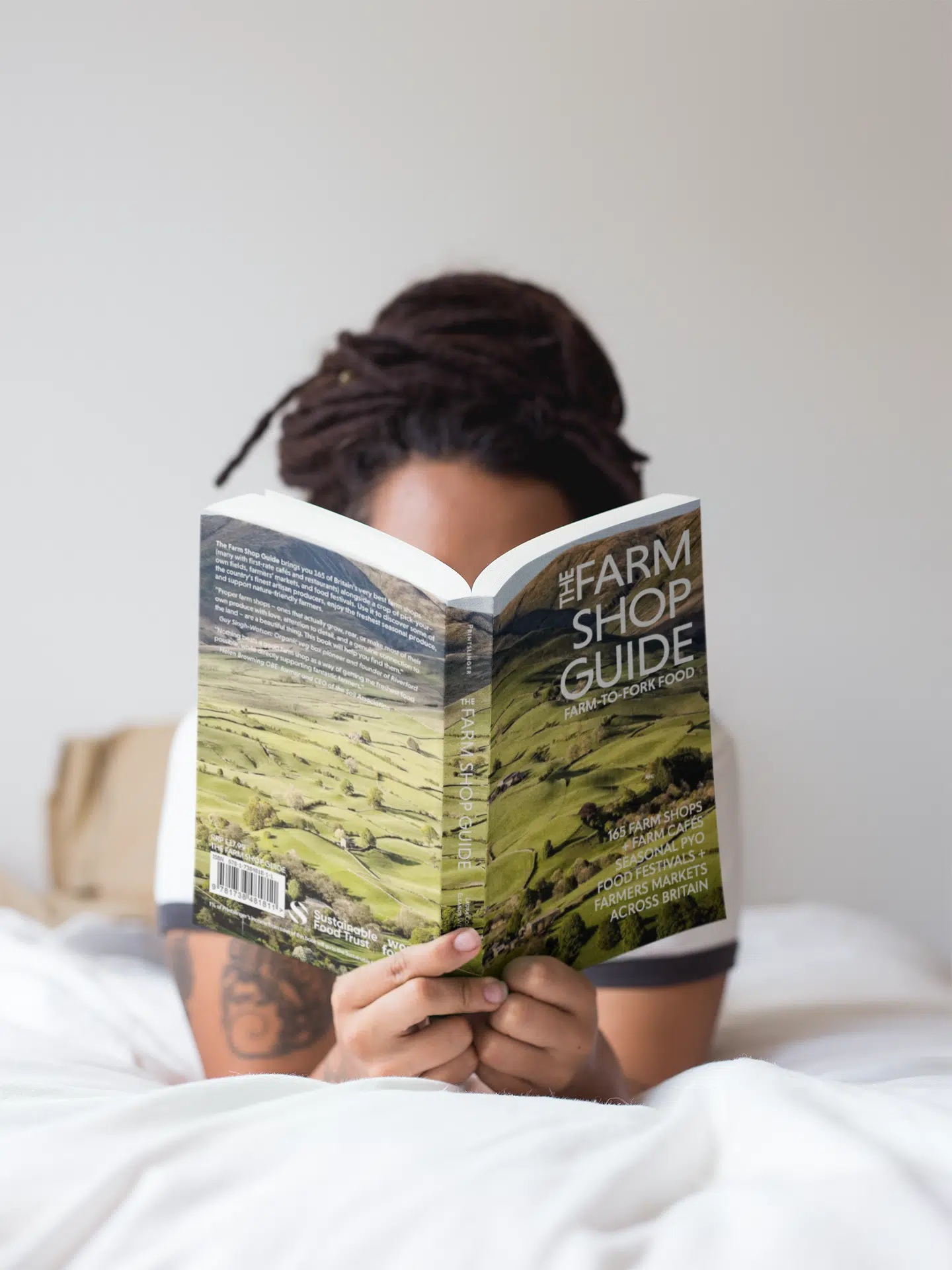
Introducing: The Farm Shop Guide
Eleanor Weeks-Bell is the compiler of 2024’s Amazon bestseller, The Farm Shop Guide (a book featured in Waitrose Weekend, Times Weekend and more). Here’s her introduction to The Farm Shop Guide, to give you a feel for what it and we at Extra Mile Books are all about. Ele, over to you…
“Why buy flavourless, pre-packaged food that has been shipped thousands of miles when you can get the most deliciously fresh and toothsome produce direct from the field down the road? Starting in Scotland and running from North to South and West to East – to end in Kent, the fertile garden of England – this guide is a celebration of Britain’s growers and producers and their farm shops, cafés, and restaurants.
Family-run farms and more
You’ll find everything from traditional rustic barns to contemporary vending machines, run by all types of people from experienced farming families who have lovingly tilled the soils for generations, to community-owned or charity-led farms that provide opportunities for people to learn new skills and to improve their wellbeing. There are over 1,500 farm shops in Britain and this first edition of The Farm Shop Guide features over 160 of our favourites.
From rural to urban settings and from small and quirky to large and established places, this book reflects the fantastic diversity of Britain’s farms and farm shops. Read on to discover specialists of all varieties of vegetables, fruits, meats, fish, honey, cider, wine, and flowers, and the wonderful cafés, restaurants, and delis where you can sample this bounty in situ.
From children’s play parks to PYO
You’ll unearth memorable places with wildlife trails, pick-your-own (PYO) fields, children’s play parks, and animal petting farms, plus farms that run their own events, courses, and workshops. As well as reducing food miles, many of the farms you’re about to meet are fully invested in protecting and the natural environment through regenerative and nature-friendly farming.
There are farms that are planting hectares of hedgerows, wildflower meadows, and trees; raising rare breeds to the highest welfare standards; working to organic principles; reducing their energy use through wind and solar power and other measures; and those earning certification from bodies such as Pasture for Life, RSPB Fair to Nature, and the Soil Association.
While researching this book we’ve come to know and love some incredible farmers and producers. Working all hours, their resilience keeps them ploughing on in the face of increased costs, staff shortages, capricious weather systems, and the stranglehold of supermarkets on the farming community. These people are all passionate about growing good food well and championing the very best in seasonal local produce.
Connect with where your food comes from
By visiting the places in this guide, you are supporting these committed custodians of our land while benefiting from eating delicious, nutritious fresh food. You’ll feel more connected to where your food comes from…and can even top up the wellbeing tank by spending time in nature or petting a baby goat! We hope this book inspires and accompanies you on many new adventures across farm and field.”
Eleanor Weeks-Bell, Compiler of The Farm Shop Guide
Sound like your kind of book?
If our ethos resonates with you, we have a sneaking suspicion that you might enjoy The Farm Shop Guide, or its sibling books The Coastal Café Guide (which does what it says on the tin) or The Extra Mile: Delicious Alternatives to Motorway Services. Hit the image or button below to browse our current guides, and do let us know if you find any favourites that we’ve yet to stumble upon.

